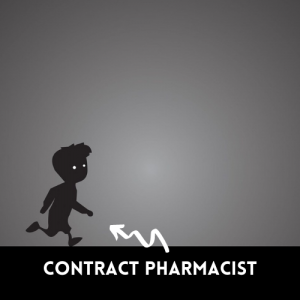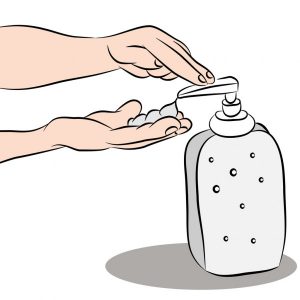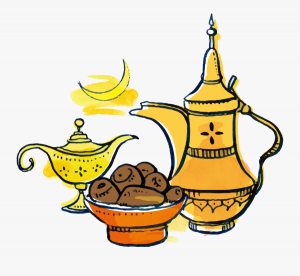Are You Ready to Dive In?

Edited by Carl Ivan Nimmo.
The day we all decided to leave the government service is still fresh in my memory. “You must be good at sales with your charm if you venture into the community pharmacy.” We said that to him, the male colleague who went through training together with us at the general hospital. He was the one who took the first step into the community sector – and we all followed, seeing little promise of a continuing future as contract pharmacists.
We expected a busier life in the private sector, but we were still mentally unprepared when we first dove in. The first thing we need to learn was multi-tasking, particularly ordering medicines in between the times we spent serving customers. This is especially challenging in a busy pharmacy with a lot of daily transactions.
You might think, surely medicine ordering could not be too hard? Wrong.
Over ordering can cause slow moving items to fall into short expiry/clearance category, and under ordering can result in empty shelves. Lucky for us, computer programs can help smoothen the ordering process – but they are not perfect so we must be alert of any changes in monthly sales. Keeping a happy medium of stock levels is even more volatile in this pandemic era – as outbreaks of cases soar, the sales of certain items such as paracetamol, sore throat sprays, lozenges, and such will show increased demand. Then as cases plateau, your sales may plunge suddenly, leaving you with all the extra stocks taking up space in your storeroom.
The second challenge that was thrown into my face in this new environment is the art of haggling. To my surprise, the amount of haggling in the pharmacy at certain parts of the Klang Valley is comparable to that which we observed at the wet market (I was transferred between branches sometimes). You got to throw in some discounts and free gifts to keep some customers happy whereas some customers can be quite rude if you run out of certain free items, e.g., calendars.
Hence, competence in people skills is beneficial to stay calm in these kinds of situations. Although it is not uncommon for a pharmacist to find him or herself in a heated situation in the government service, I found myself engaged in these tricky conversations more in the community pharmacy as medicine prices soared due to increased cost from the suppliers. Extra patience is needed if your colleagues are not so cool-headed, though I count myself lucky that I’ve typically had colleagues who could play the diplomat.
It is not a mystery here in Malaysia that all community pharmacists need to learn more about alternative medicines. This is a formidable mountain for an Australian pharmacy graduate like me to climb. In university, we were impressed with the notion that alternative medicines have insufficient data to back up their use. Hence, not much emphasis was given to this area of knowledge in our studies there. Here in Malaysia, it’s a different situation – with a comparable higher demand for supplements and herbs, it is essential for community pharmacists to be knowledgeable in this area. I found myself with no choice but to teach myself about alternative medicines through browsing websites, leaflets, and training videos on the topic.
The day I left the government service marked the beginning of my hectic journey as a herbalist in addition to being a druggist, juggling between back-end works and fulfilment of customers’ needs. Nevertheless, I never regret my decision to dive in this pool, as I now learn how to dive in deep waters. A word of advice, follow your heart, at the same time, learn about the field you are stepping into it to avoid too much stress and dissappointment.
The opinions expressed in the article are the writers’ own and do not reflect the view of MPS YPC.













